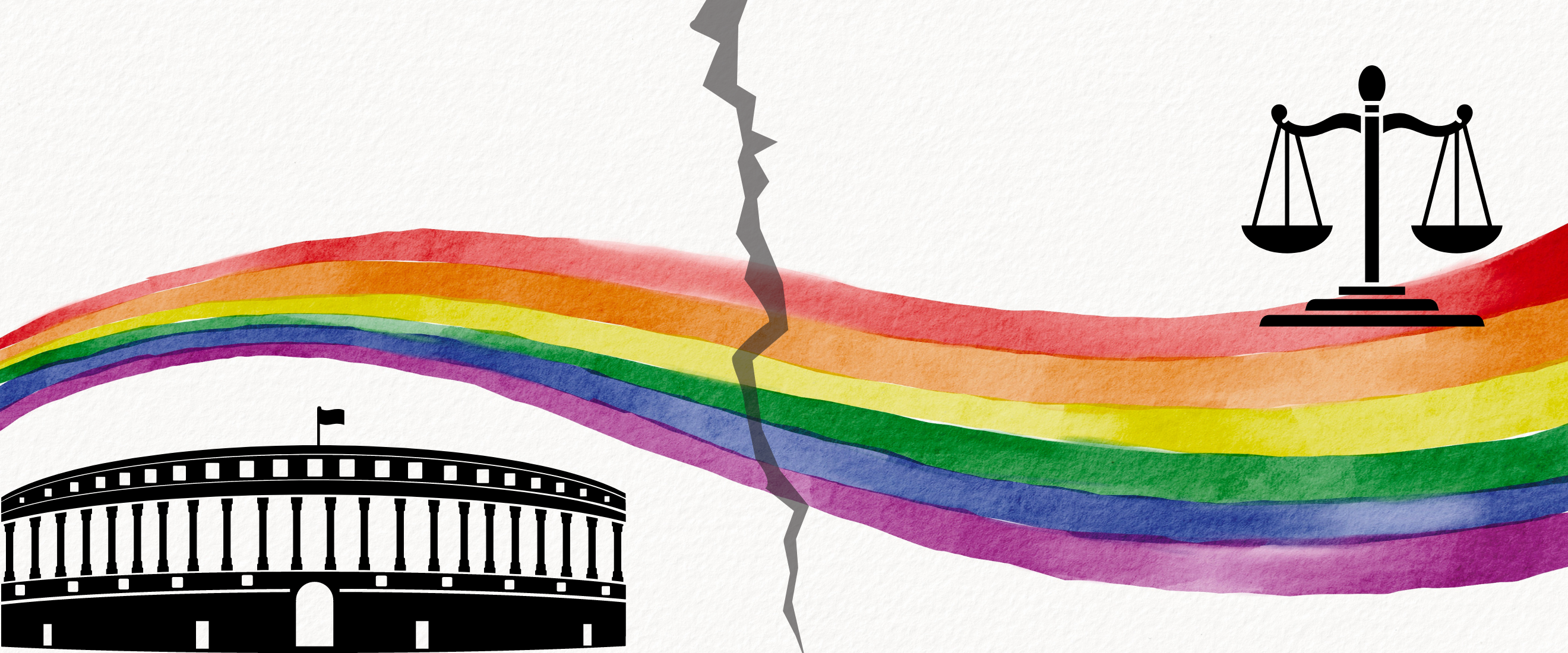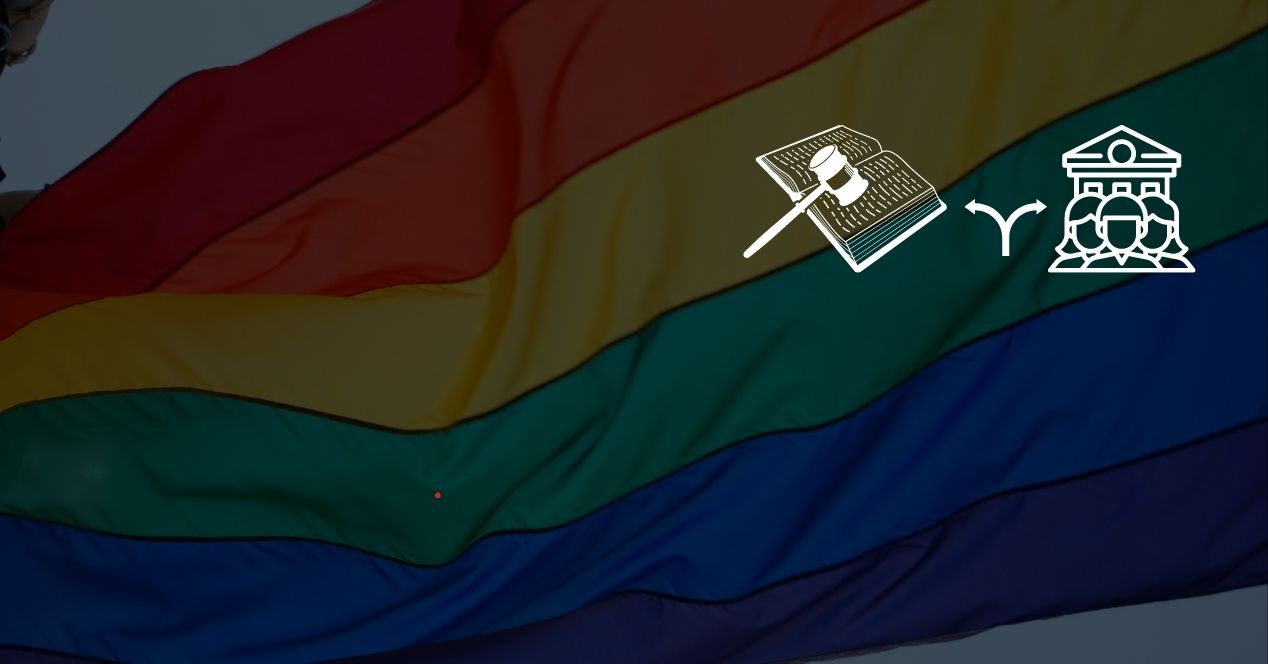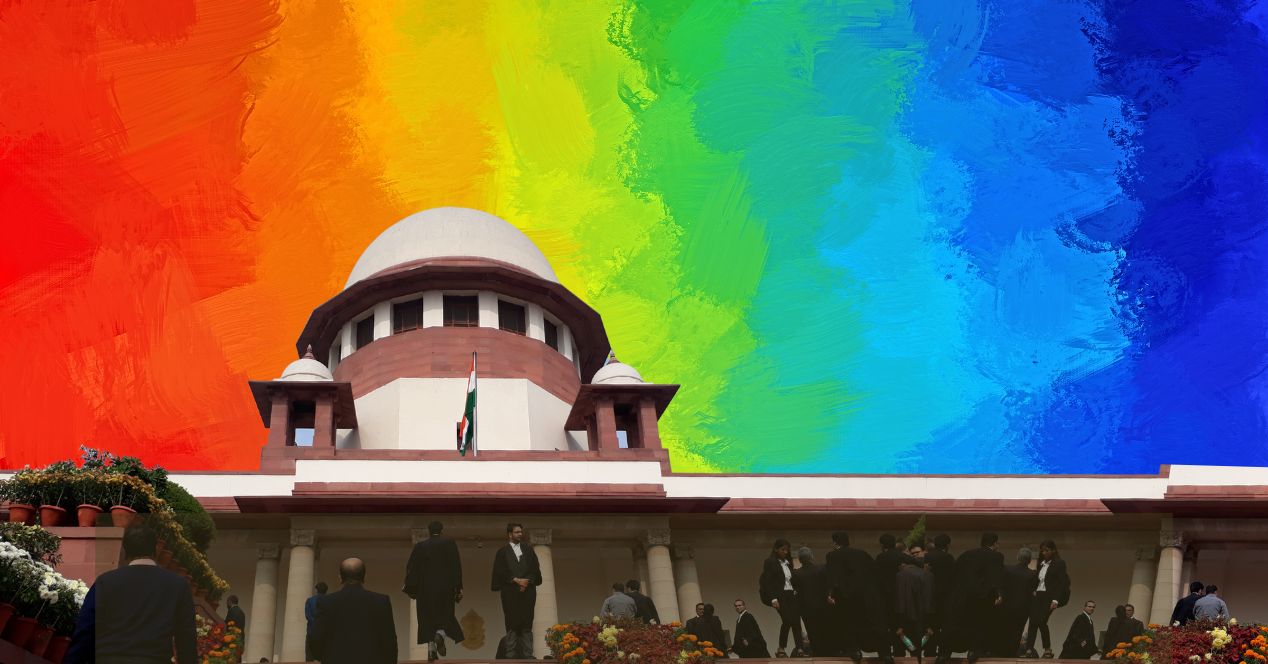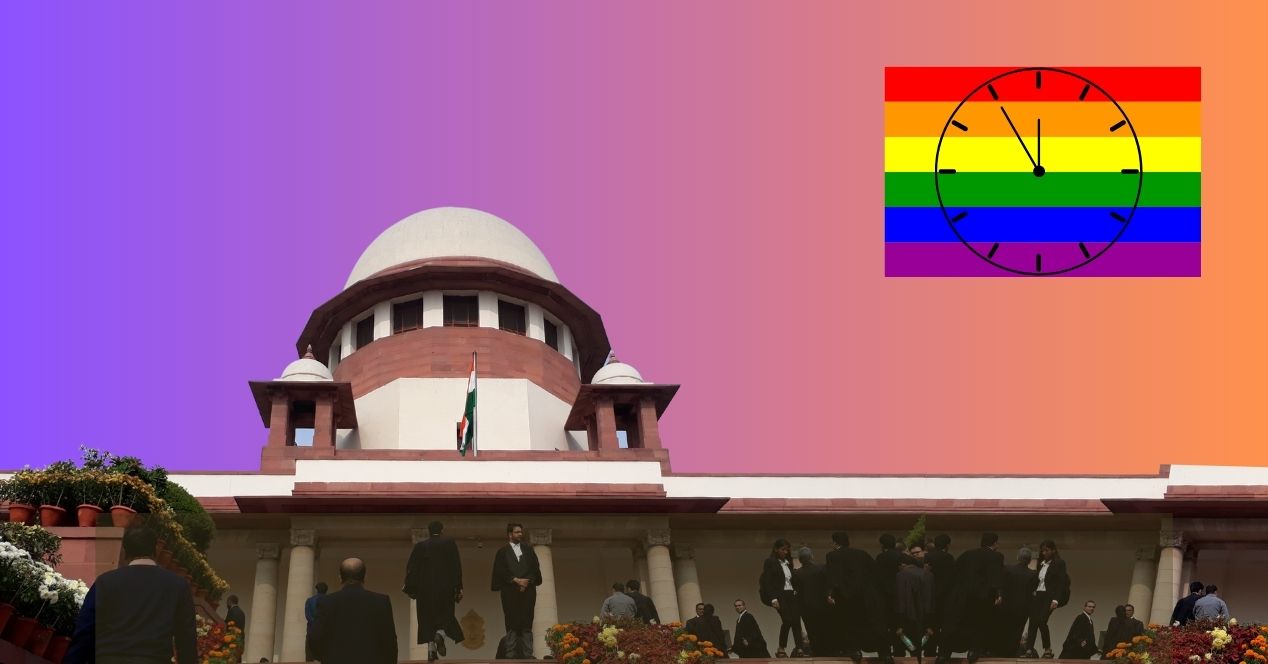Analysis
Queer Marriage Under the Special Marriage Act: What’s at Stake?
Despite the SC’s move to restrict the case to the SMA, several concerns mar the road toward marriage equality for the LGBTQIA+ community.

As the SC continues its attempts to broker a consensus between the Union and the petitioners on the recognition of queer marriage, the Court remains clear on deciding the matter under the Special Marriage Act, 1954 (SMA).
For the queer community, the Court’s assurance shines a ray of hope that they may perhaps receive the same marital rights as non-heterosexual couples. For the Union, however, a reading down of the SMA in favour of the petitioners raises more concerns than cause for celebration. Chief among the Union’s concerns is the potential fallout of such a decision on the legislative side of things. If these concerns hold true, Parliament will be faced with the Herculean task of reconciling the rights of the queer community in principle, with actually making it work.
Supposing the SC does recognise marriage equality under the SMA, what consequences will this decision have on India’s legal and social landscape?
What Does the Recognition of Equal Marriage Rights Mean for the LGBTQIA+ Community?
For the queer community, despite their earlier victories in NALSA (2014) and Navtej (2018), the fight is not yet over. While India now recognises the rights to sexual orientation and gender expression, the stage for the battle has now shifted to the realm of family. Equal marriage rights, the petitioners argue, go far beyond a mere exchange of rings and circumambulating a sacred fire. The right to a dignified life as a married couple, the right to raise children together, and the right to protection from violence are but a few of their many aspirations.
Dignity in marriage, the petitioners point out, has several practical implications beyond just its recognition in principle. These include the ability to open joint bank accounts as a couple, nominate their partners as insurance and provident fund beneficiaries, and in the event of a medical complication, the right to nominate their chosen partner to make life or death decisions on their behalf.
While these aspirations originate out of hope, others are rooted in fear and concern. The petitioners also point out that as society stands today, against the recognition of queer rights, their life and limb are under threat. These include threats from their natal families, often with the support of the police. A positive declaration by the SC, they claim, will ensure that the State will step in to protect them from ostracisation and violence.
On the aspect of family as well, the petitioners seek an expanded interpretation of the concept. Pleas by transgender persons point out that several members of the community, due to ostracisation by their natal families, have found ‘chosen families’. Chosen families, they claim, are a refuge for queer persons, especially queer children, who are otherwise shunned, abused and often subjected to violence by their birth families.
Why is the Union Apprehensive of Recognising the Right to Queer Marriage?
Primary among the Union’s concerns is that the majority of the country stands opposed to queer marriages. The Union argues that legal recognition necessarily entails the recognition of a new class of marriages in law—a matter solely within Parliamentary domain.
Should the SC choose to proceed in this direction, it will entail several complications with the language in numerous other laws (over 160 according to the Union) which Parliament will eventually have to address. The Union was quick to point out that several laws in India are gender specific. For example, laws geared towards the protection of women in matters like domestic violence and dowry deaths. Others include gender-specific inheritance laws, decisions on guardianship and custody of children, and maintenance of wives and children.
Other concerns include the social and cultural impact of legally recognising queer marriage. Traditional marriage is strictly between a ‘conventional biological’ man and a ‘conventional biological’ woman, the Union asserts. Marriage between persons of the same sex would dissolve this sacred bond. The damage will not just be confined to just the couple either. The Union is also concerned about the ‘psychological impact’ on children raised by same-sex couples. These concerns, perhaps, arise from yet another contention by the Union—that same-sex couples, unlike their heterosexual counterparts, cannot procreate and are therefore unfit to be parents.
A Way Forward?
The SC’s cautious and measured approach to the case signals the possibility of a middle path. As the matter stands now, the Union and the petitioners, at the instance of the SC, will attempt to negotiate their differences on the administrative side of things. In this aspect at least, the Union appears willing to cede ground to the petitioners. The legal recognition of the right to marriage itself still remains squarely in the SC’s court.




